National flags of China and New Zealand on Tiananmen Square in Beijing on June 25, 2023 Photo: VCG
New Zealand Prime Minister Chris Hipkins' latest remarks on China's Taiwan and South China Sea are clichés echoing the US' strategy toward China, but the essence of his speech is to stress the significance of stabilizing relations with China, which has been deliberately downplayed by some Western media, Chinese analysts said, after some reported Hipkins' "concerns" over China's increasing influence being the driver behind the "increasing competition in the Indo-Pacific."
In a speech to the China Business Summit on Monday, Hipkins expounded New Zealand's connections with China. He noted that "It's normal for states to pursue their interests and to use all the tools at their disposal to exert influence regionally and internationally… but China's rise and how it seeks to exert that influence is also a major driver of the increasing strategic competition, particularly in our wider home region, the Indo-Pacific," according to a transcript the New Zealand government released.
China is a member of the Asia-Pacific and has always worked with regional countries to practice true multilateralism and defend regional peace and stability. Based on mutual respect, China will have dialogue with all parties, including New Zealand, to jointly contribute to regional prosperity and stability, Chinese FM spokesperson Mao Ning said at a routine press conference on Monday.
Mao also noted that the Taiwan question is China's internal affair and the most significant safeguard for cross-Straits stability is upholding the one-China principle. Also, there are no issues on the South China Sea and it is hoped that the relevant countries will respect regional countries' efforts to defend the stability of the South China Sea.
Hipkins' speech, which outlined the New Zealand leader's China policy after his first visit to China in June that helped expand cooperation in economy, trade, education, technology, tourism and other fields, was overlooked by some Western media. The Guardian on Monday highlighted Hipkins' remarks on China's increasing influence as "a major driver of the increasing strategic competition" particularly in the Indo-Pacific.
Hipkins' remarks on the Taiwan question and South China Sea were a repeat clichés echoing the US' strategy toward China. However, compared to the rhetoric used by other US Western allies, the New Zealand leader's words were "much more toned down," and the essence of Hipkins' speech is stabilizing China-New Zealand relations, Chen Hong, director of New Zealand Studies Centre in East China Normal University, told the Global Times on Monday.
During the Monday speech, Hipkins took more time to talk about the economic and people-to-people connections between China and New Zealand, and the importance of continuing to engage with China, which has been deliberately underplayed by these Western media, said analysts.
Chen said that Hipkins' Monday speech is more like a comprehensive overview of his China policy after being sworn in as New Zealand's prime minister in January, and it shows that New Zealand has shifted from putting the US at the center of its foreign policy, a stance that has also been taken by Au
stralia, making China a focus of its diplomacy.
The speech, as well as Hipkins' visit to China in June, also showed that he has put much emphasis on stabilizing and improving relations with China, as it meets New Zealand's national interests and will help him lead the Labour Party to win the upcoming general election, said Chen.
While New Zealand is pursuing stable relations with China, analysts also warned that it should also remain vigilant for some hawkish politicians pushing for a tougher China stance as well as pressure from Australia and the US to sow discord and disturb bilateral relations.
Against the backdrop of intense China-US tensions, especially as the US is ganging up and provoking bloc confrontation, New Zealand is left with less and less room for balance in diplomacy.
Prime Minister's speech to the China Business Summit
https://www.beehive.govt.nz/minister/biography/chris-hipkinsHow the CPTPP member countries view China's accession will become an important criterion for evaluating their fairness and openness, and it will also show people whether the CPTPP has the potential to become the "most outstanding trade agreement ...
Efforts by US to contain China's semiconductor sector cause more self-harm: analysts
US semiconductor giants has stepped up "last-ditch" efforts to lobby the White House against planned new curbs to restrict China's access to high-end artificial intelligence (AI) chips, US media reporte
-
China's Q2 GDP expands 6.3% in fastest pace in 2 years as recovery continues
China's GDP expanded 6.3 percent year-on-year in the second quarter, the fastest growth in two years, taking first-half growth to 5.5 percent to 59.3 trillion yuan ($8.3 trillion). The country's economic recovery continues steadily amid headwinds including a volatile international environment, a slowdown in global trade and investment as well as financial turbulence.
-
China's GDP expands 5.5% in H1 as economy continues recovery momentum
China's GDP grew 5.5% y-o-y in 2023H1, showing continued recovery momentum despite multiple headwinds. Q2 GDP expanded 6.3%, the fastest growth in nearly two years.
China's 5.5-percent first-half GDP growth is the fastest among major economies, with relatively high valuation and quality. The country has the confidence, the conditions, and the ability to achieve full-year economic and social development target, Fu Linghui, a spokesperson for ...
Related posts:
A New Zealand story that Asean can learn from





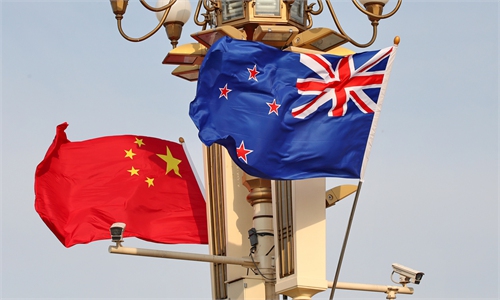
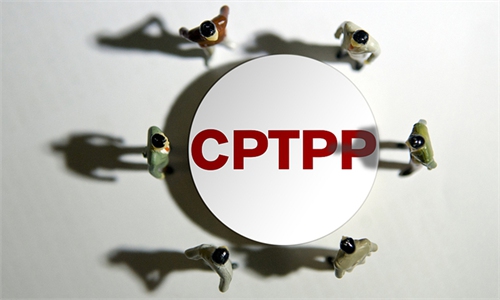

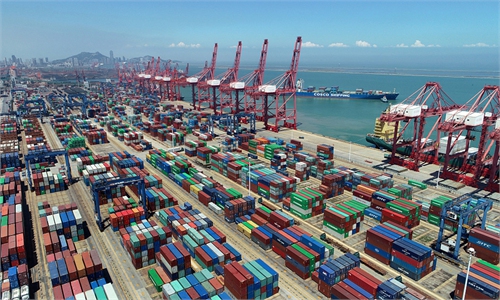














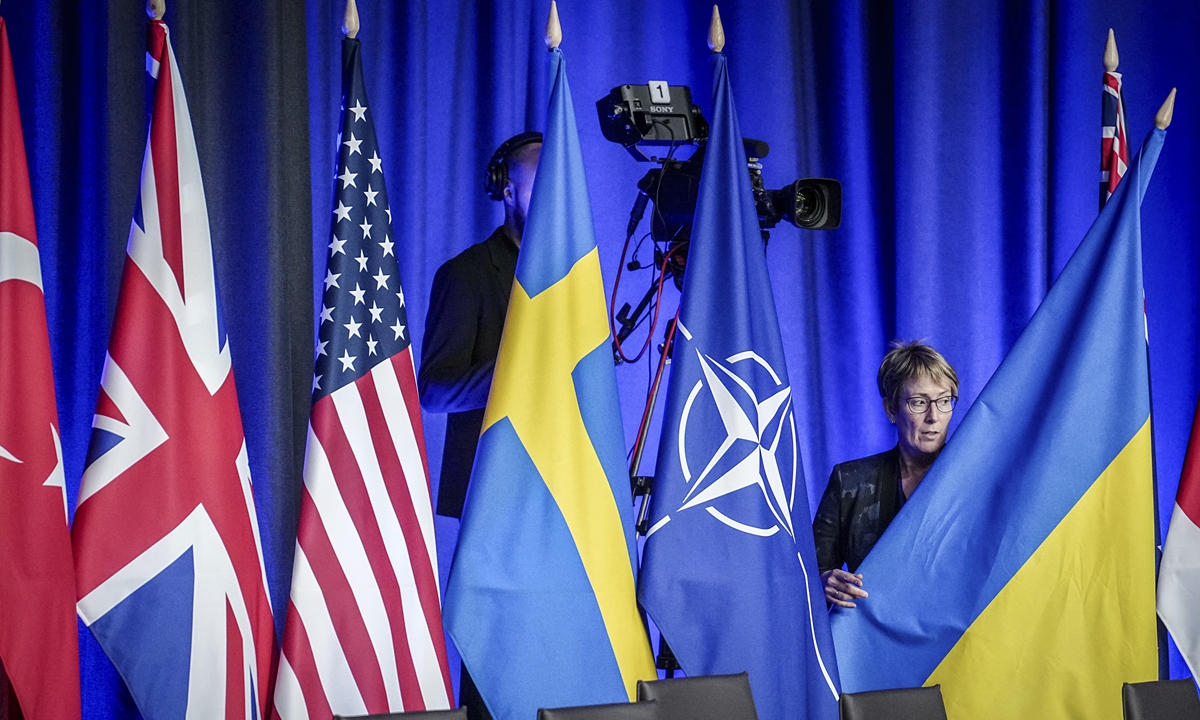

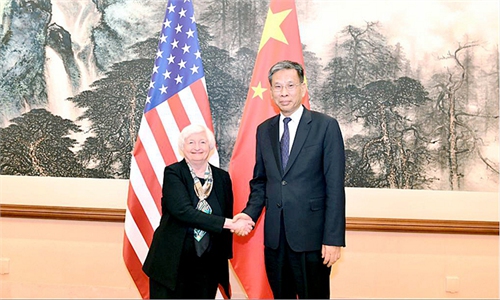
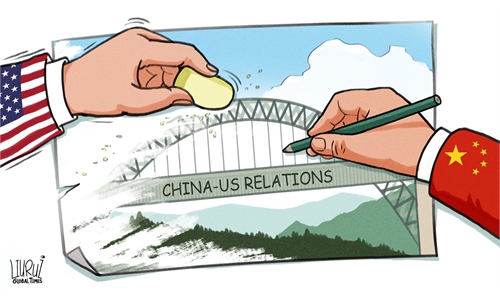
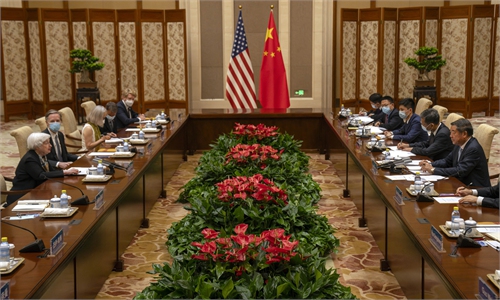

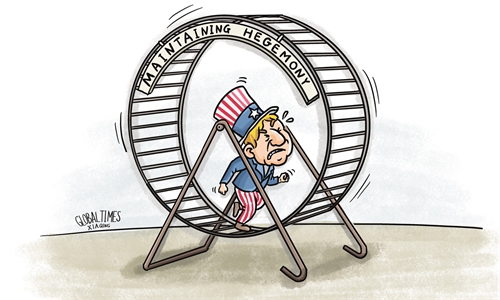
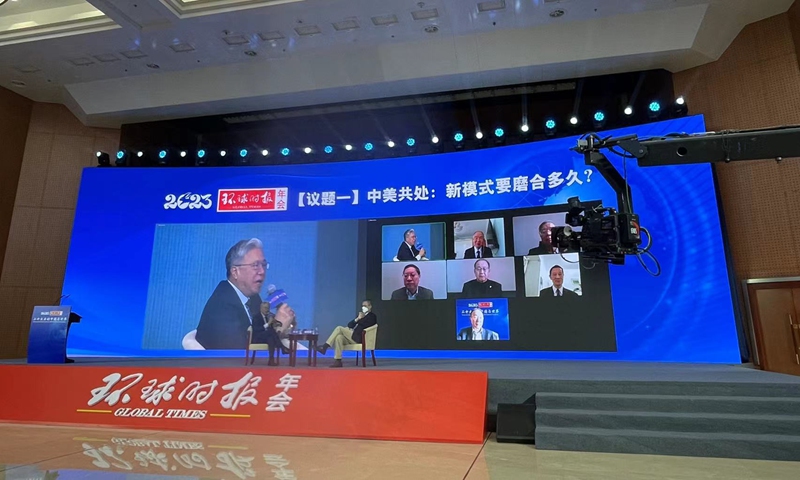


@taytakwang161